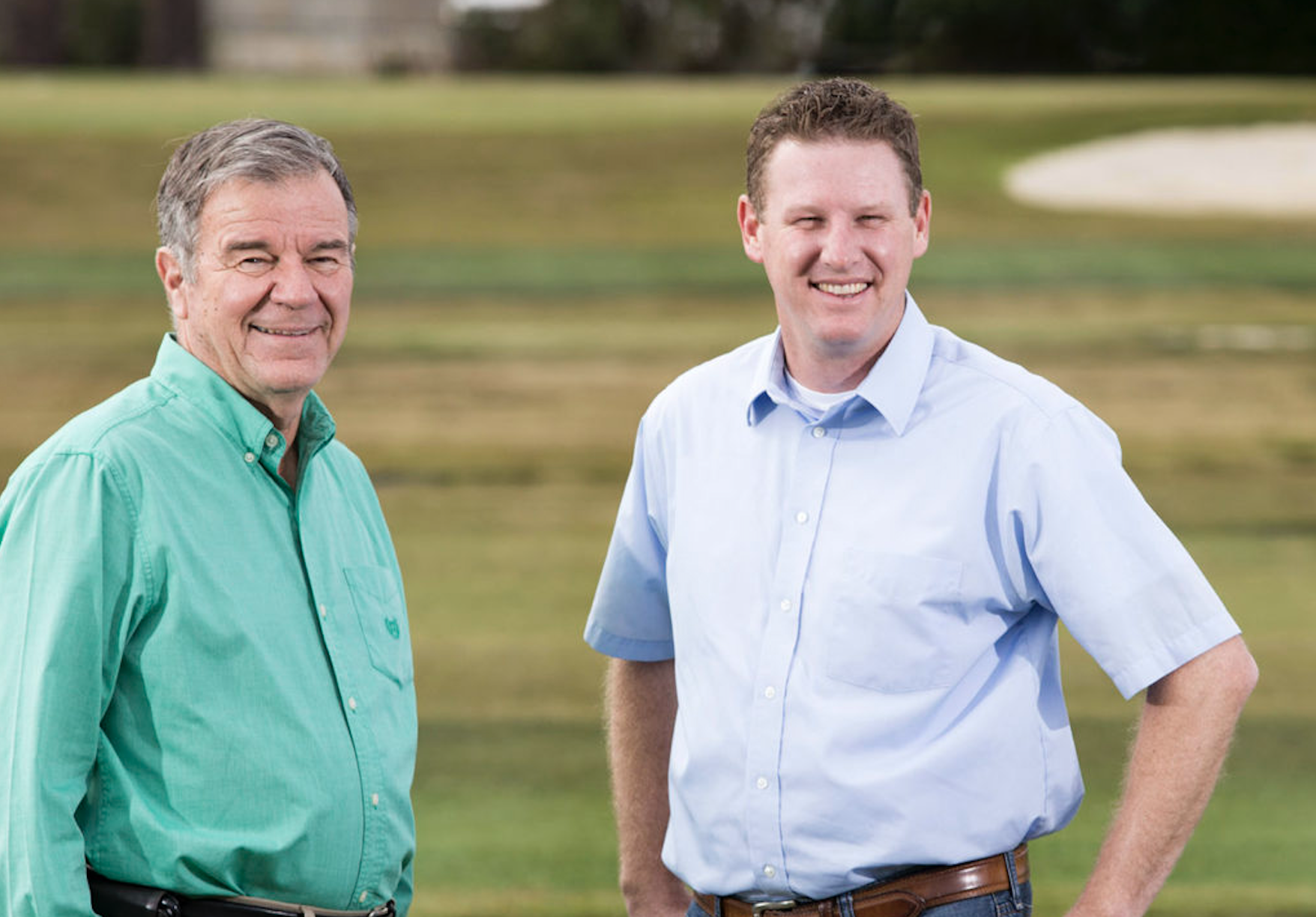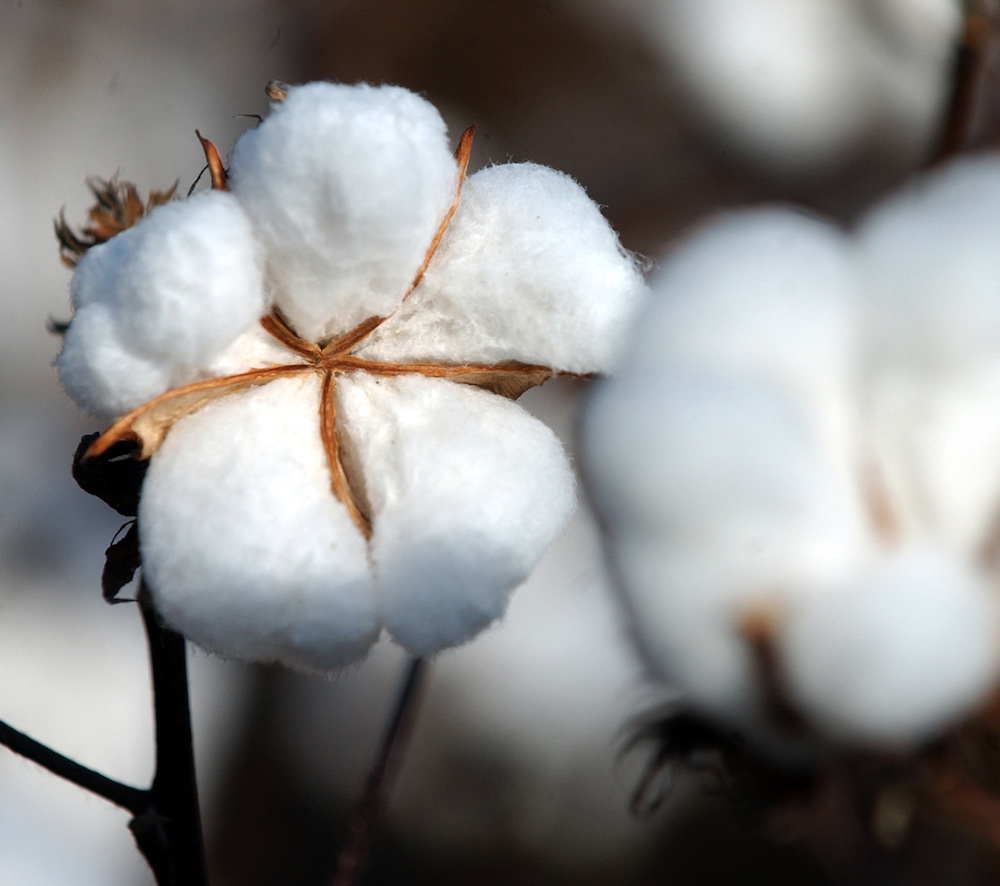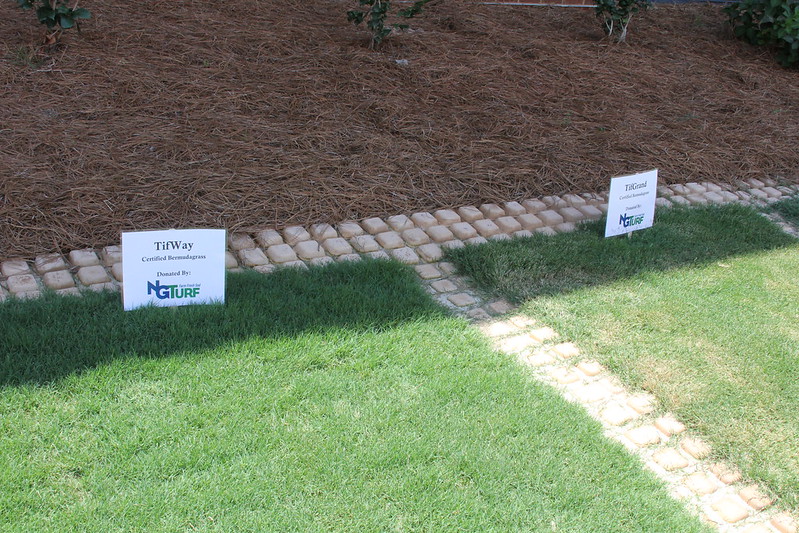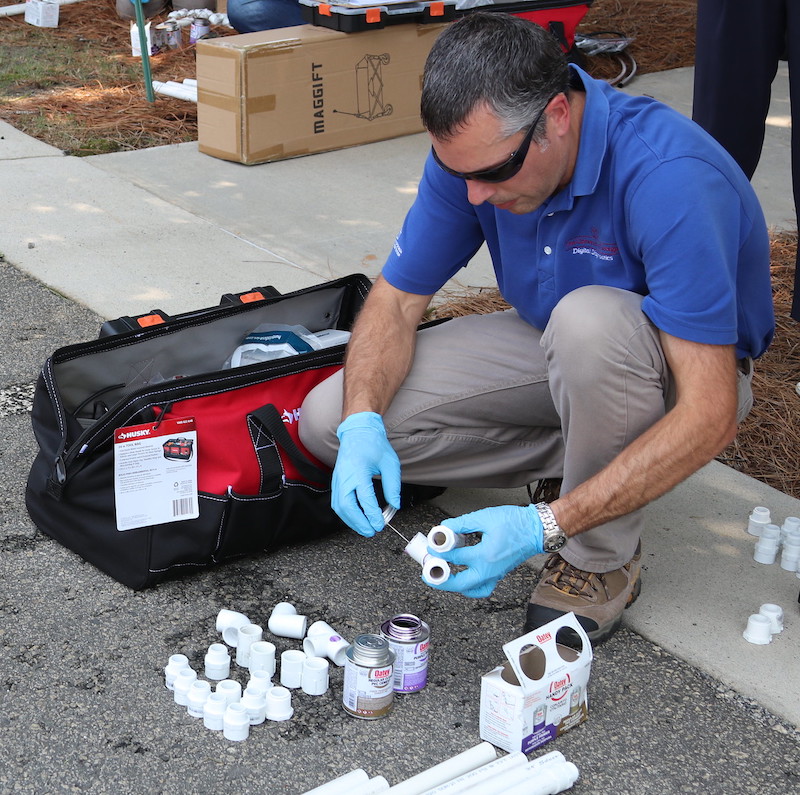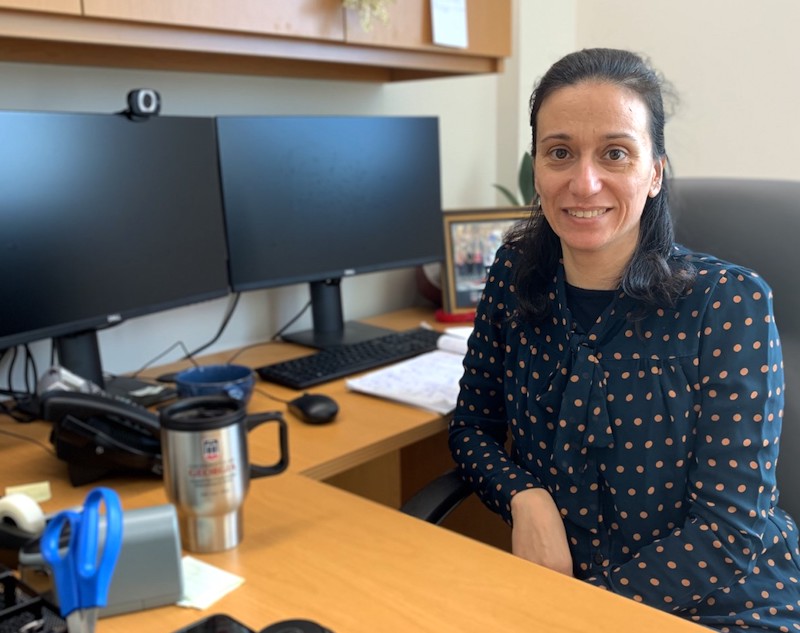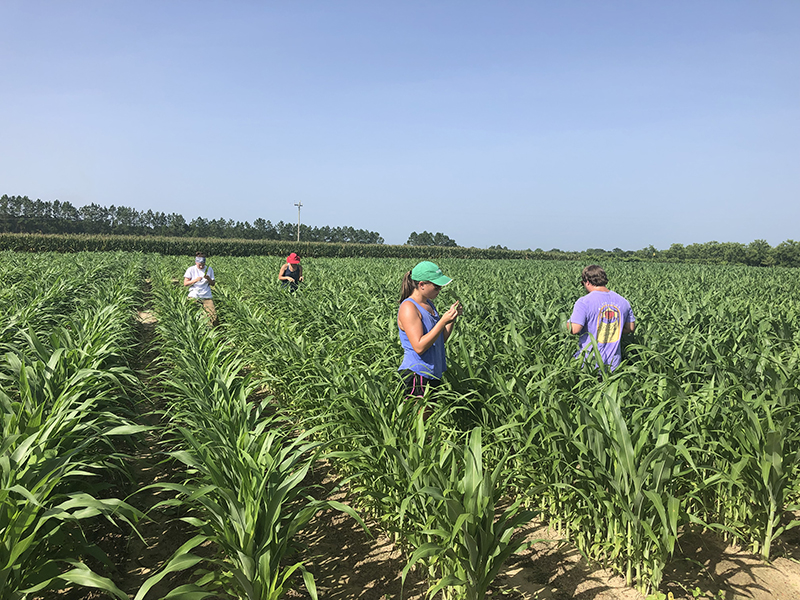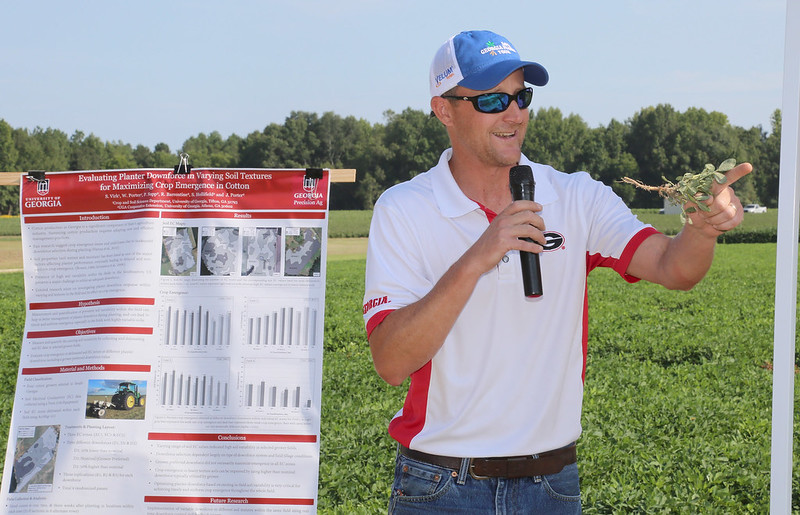 CAES News
CAES News
Midville Field Day 2020
University of Georgia faculty will share the latest research on cotton, soybeans, corn and other southeast Georgia crops during the annual Southeast Georgia Research and Education Center Field Day held online Aug. 12.

